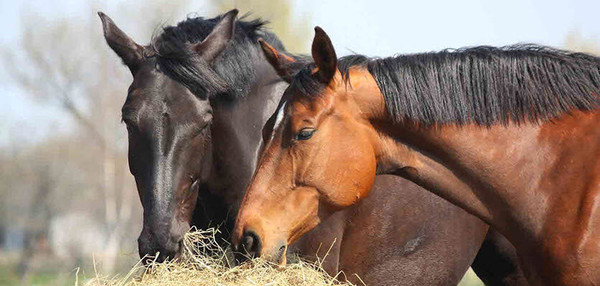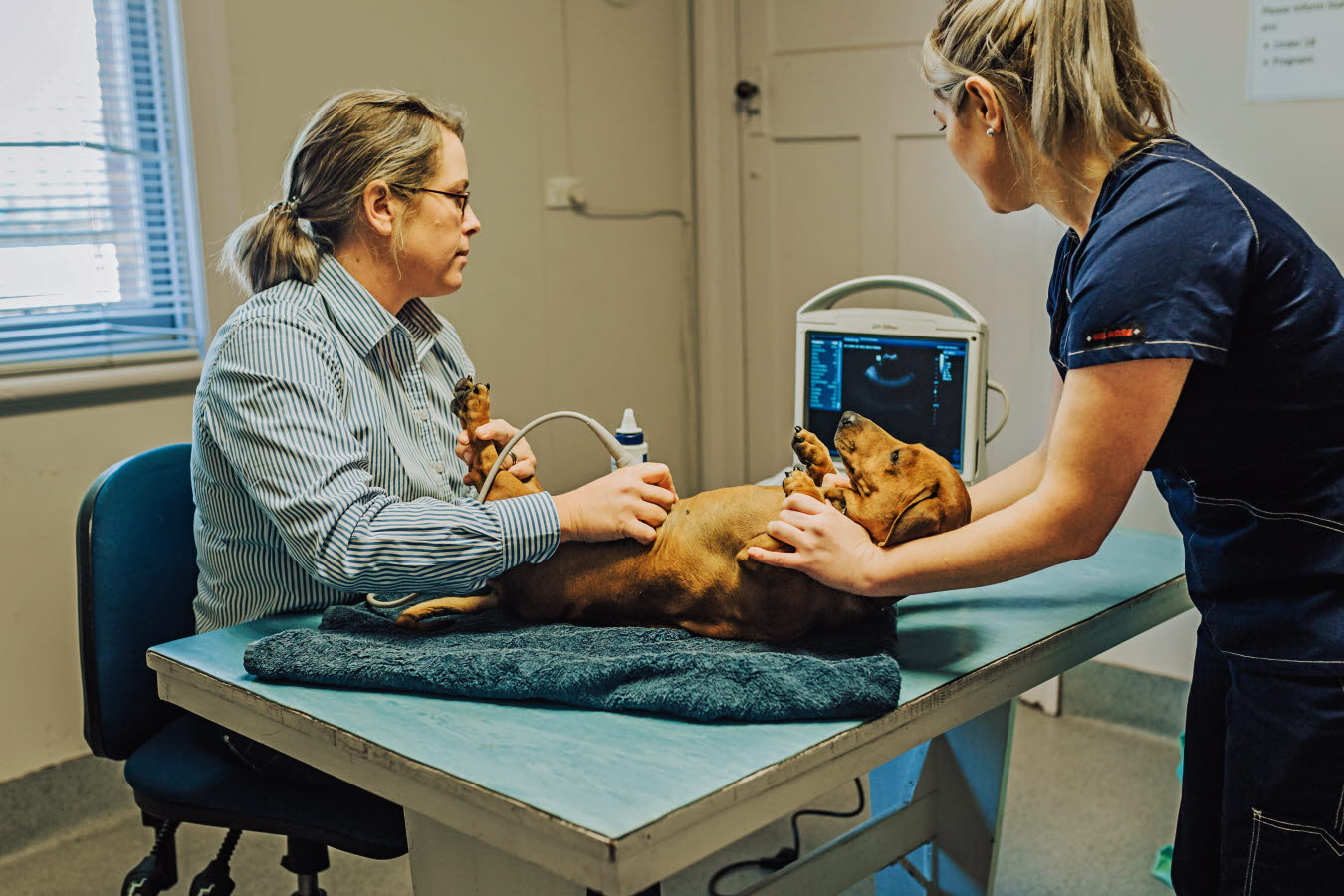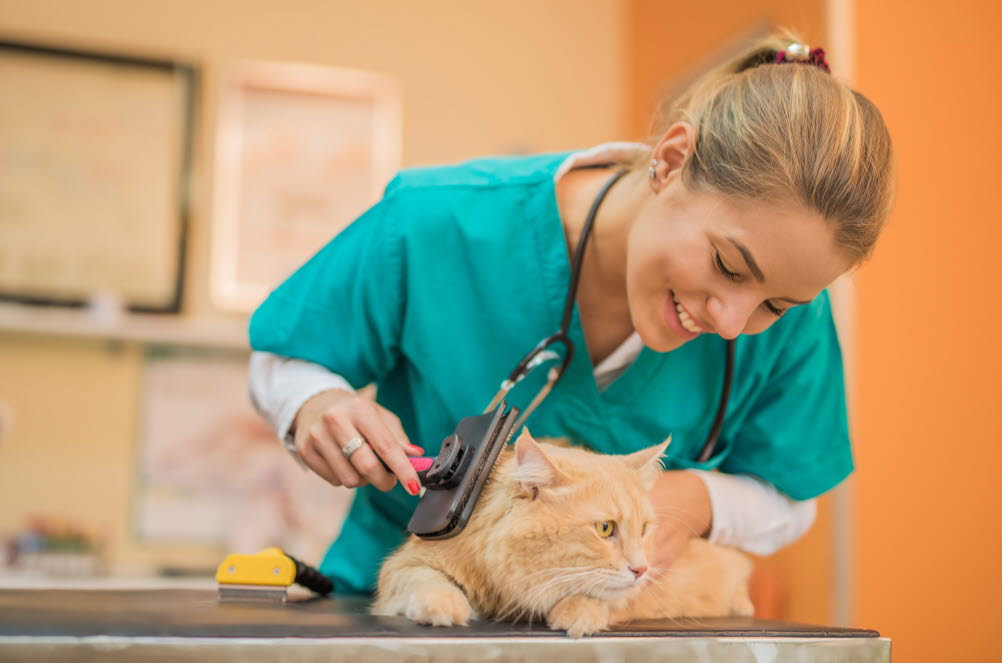Hendra virus has posed a number of challenges for horse owners, equine veterinarians, government agencies, equine industries and the general public since it was first identified in 1994.
Since then, outbreaks have continued to occur sporadically in coastal Queensland as far west as Chinchilla and from the Queensland border to as far south as Scone in the Hunter Valley of NSW.
In disease outbreaks so far recorded, the virus has not been shown to be highly contagious, however, it is highly lethal.
Private veterinary practitioners have been responsible for the early recognition and diagnosis by laboratory confirmation of all confirmed cases of Hendra virus in horses. Private veterinarians therefore have had, and continue to provide, a vital role in the early warning of the serious, potentially fatal consequences of human exposure.
Protection against Hendra
In 2012, a safe, effective horse vaccine became available. Vaccination of horses is the most effective way to help manage the risk of Hendra virus infection and disease, and provides a workplace health and safety benefit as well as a public health benefit.
About Hendra
The story so far
Information for the community
The Hendra vaccine
In the news
Trending Now

Important steps to dental and oral health in dogs and cats
3 years ago
Be prepared for common summer hazards for pets
3 years ago
Pet Treats - How to Win the Battle of the Bulge
3 years ago



